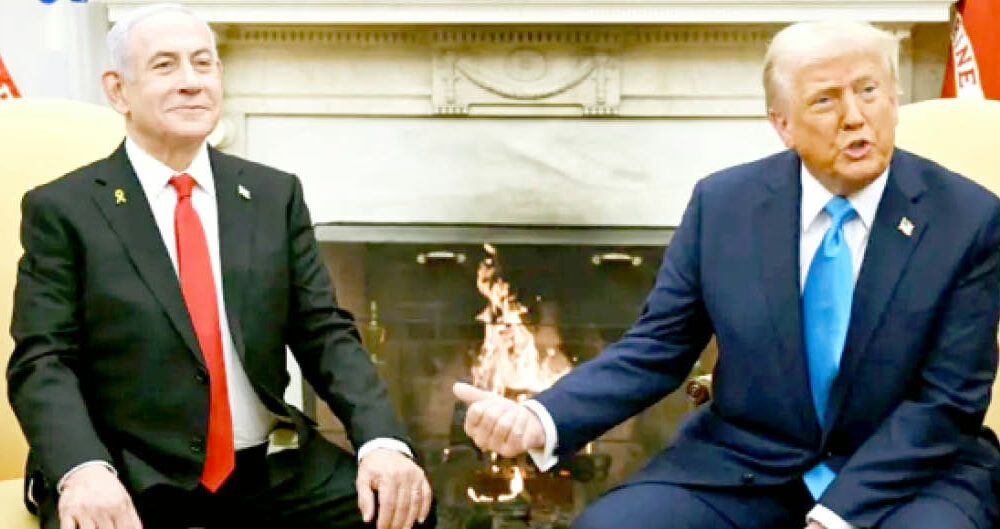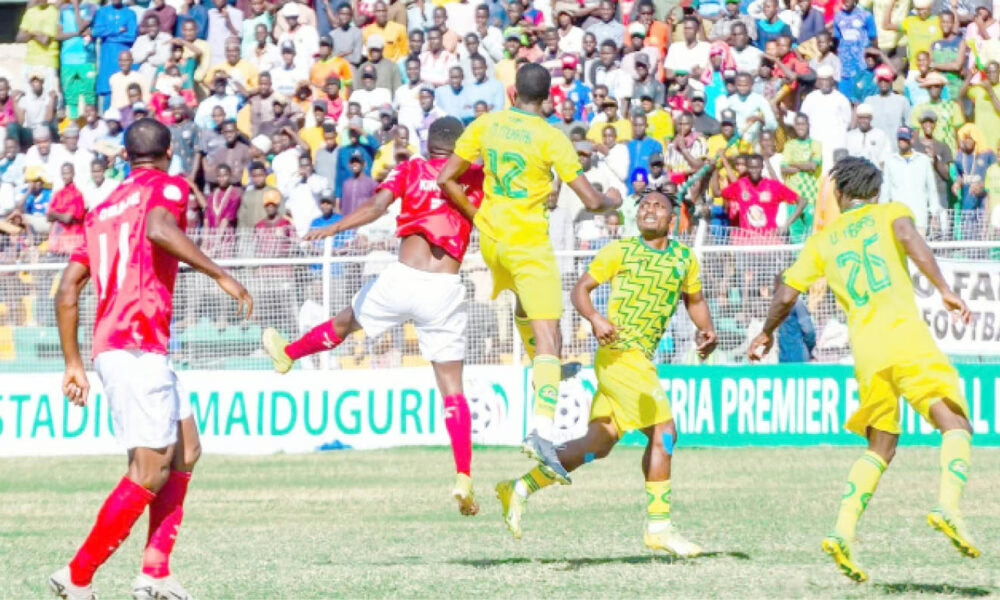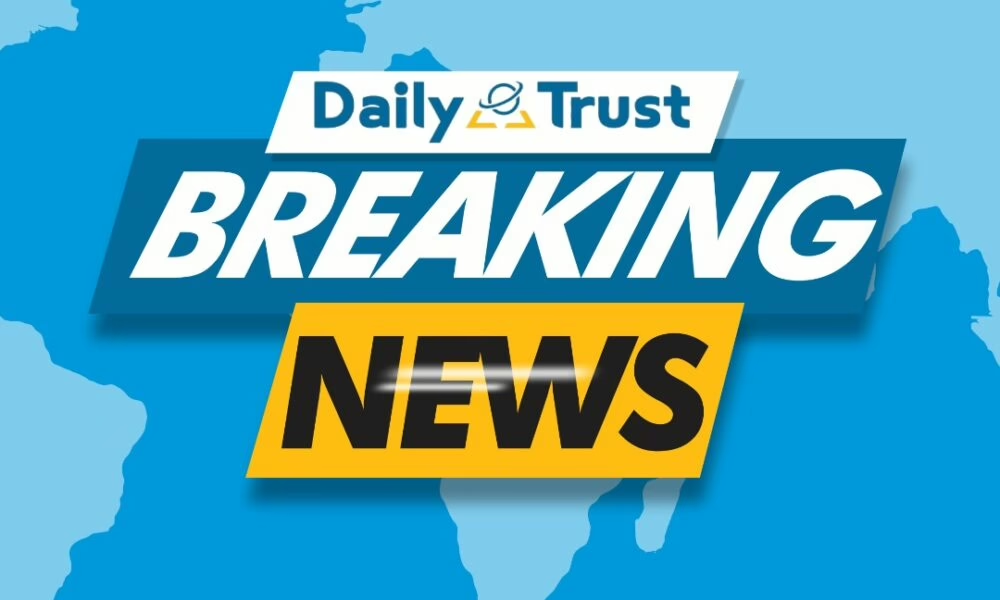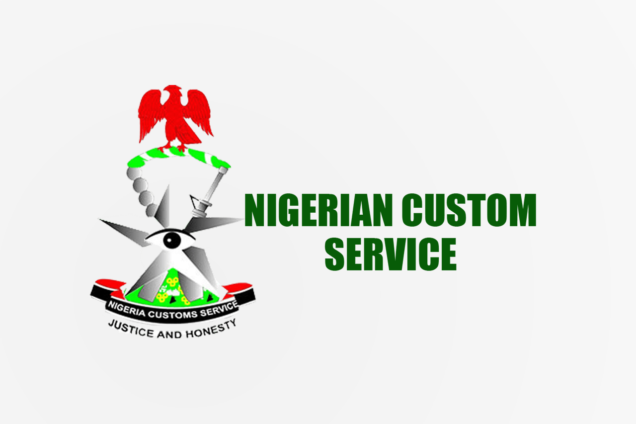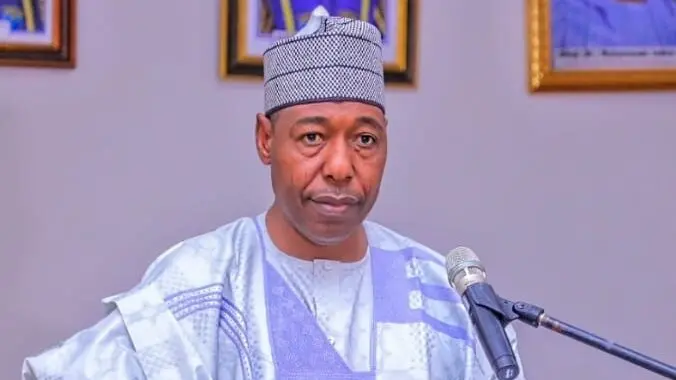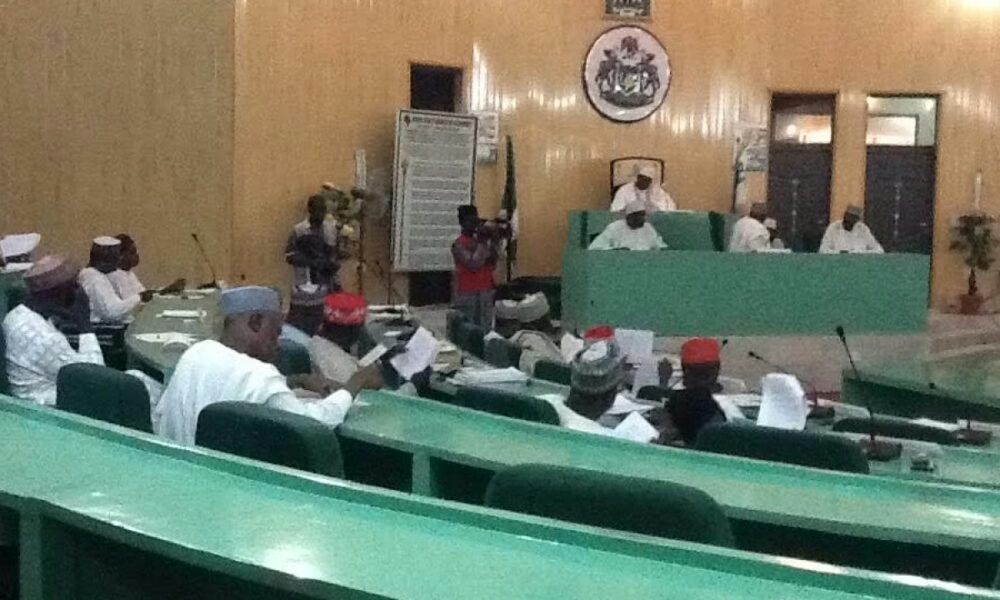On the way to the airport, I told my wife what my Plan B was, if Oladipo had been unable to carry me, to crawl downstairs. “That would have broken me,” she said. I responded with a joke that I needed her to remain unbroken because a broken man could not depend on a broken woman. In the last five months, she had become my in-house nurse, minder, and caregiver.
Five hours later, we landed in Cairo. My hospital, Neuro Espitalia, is located in a city called 6th of October, which is about an hour’s drive from the Cairo International Airport. I learnt that the city got its name in commemoration of the day one of the Arab-Israeli wars broke out. We were joined at the airport by my third son, Oladepo, who had arranged a two-week leave from his London office and another two weeks to work from the Cairo office of his company. He was to provide an additional hand to me in Egypt for the next one month. Our guide was a Nigerian gentleman called Rabiu Hamza, a PhD student at one of the Egyptian universities. We arrived at the Neuro Espitalia at about midnight on that Monday. For the second time in almost a month, I had another sound sleep. Tuesday was devoted to various laboratory tests and to getting my medical history. On Wednesday morning, I had the surgery, which, as they explained, was to “clean an abscess in the cervical vertebrae, stabilise the cervical vertebrae and expand the neural canal.” I didn’t understand everything, but I just wanted to get well. The surgical operation was led by Prof. Ibrahim Lotfy, an elderly but friendly surgeon, and Prof. Dalia Rushdi.
After the successful operation, the surgical team decided to culture fragments of bones and tissues extracted from my back to determine what went wrong in the first place. It was an investigation that took days and a lot of blood tests. What they found was, to say the least, shocking. It was described in medical terms as “necrotizing Granulomatous Inflammation Compatible With Tuberculosis of the Vertebrae. No malignancy.” In short, it is called tuberculosis of the vertebrae. This was the stealthy thief that had been stealing my limbs, one by one. But even the surgery could not return everything this disease had stolen from me. I had to recover them myself by re-learning the use of my legs and hands again.
This was when I realised how much grateful humans should be to their creator for even the most simple things we take for granted everyday. I realised that even the mere ability to scratch one’s face when it itches, what we do countless times everyday without even thinking about it, is indeed a big deal. When my face itched, I would need my son or my wife to scratch it. To change my sleeping posture, I would need them. To change the position of my hands, or clean the sputum that come sometimes when I coughed, I needed them to do these and everything else for me.
At a point, I could no longer fold my fingers to form a fist in order to allow nurses take blood samples or fix the cannula for intravenous infusion. Over the past five months, my arms had been covered in needle marks like a dedicated drug user; to administer some injections, to take blood or to fix the cannula for intravenous medication.
A few days after the surgery, I began physiotherapy sessions in the hospital. Several physiotherapists came to work on me. But a particular one stood out for me. His name is Ahmed El-Sanadidy, the man from Alexandria. Even after I left the hospital for a rented apartment close by, we contracted El Sanadidy to continue my rehabilitation therapy. He got paid per session. He was such an effective, devoted, passionate, friendly, hardworking, and creative professional. He was also in hot demand in his hometown, Alexandria, and in the city of the 6th of October. In the early part of our sessions, he would form a protective ring around me with his arms to guard me from falling. He taught me to walk all over again, to climb the stairs, to use my arms, to strengthen my fingers, and to regain some level of physical fitness. I called him ‘my boss’. He was the reason I extended my stay in Egypt to two months. He was making some very good progress with my rehabilitation and I did not want to terminate it abruptly.
But there was yet another challenge. The hospital had tried in vain to get me to go to the toilet. For almost two weeks, even after two sessions of enema, nothing came out. After we moved to the apartment, I thought the privacy of a home would help, but nothing. I would feel pressed to use the toilet and spend time sitting and groaning in pain, but nothing would come out. It was later realised that the muscles around my waist had become so weak they could not exert sufficient pressure to push out the waste. This became another source of agonising pain. My stomach felt as solid as if I had been fed concrete cement. This became another major prayer point for me.
Advertisement
“You should be saying ‘Alhamdulilahi Rabbil alaamin’ because we should let our gratitude to God be more than our requests to Him,” my wife said one day as I was petitioning God over the agony of my plumbing problem. It was a test of faith. But it was also a lesson never to forget. One morning, the plumbing problem resolved itself, not in the most dignifying manner. Since then, it has been easier than ever doing my ‘toileting business’. For more than four months, I was carrying a catheter around. At a point, they became two. But now, I am free of both of them.
Now, I am a bit stable. I can walk unaided. At a time I could not even move a finger, but now I can sit down and type this piece on my iPad. I can perform my salat, the ablution, ruku (bowing), and the sujud (prostration), all on my own. There was a time in the past when I had to rely on people to do ablution for me and I had to pray lying down. I could not even turn my head to the left or right. I stared at the ceiling all the time and developed a system that enabled me to use marks on the POP on the ceiling as counter for my supplications. I have learnt not to take anything for granted and to thank my maker for enabling any physical move that I am able to make.
I have written this piece to celebrate the fact that I am alive, despite my ordeal in the past five months. But I have also written it to share my experience of the Nigerian medical system. Even before I travelled to Egypt, I realised that so much is wrong with our medical system, for which I nearly paid with my life. But my experience in Egyptian hospitals and with Egyptian doctors made me realise this even more. Why do our doctors behave as if they are being forced to be doctors; as if there is no minimum standard to which they must comply; as if they can do anything and get away with it; as if it was enough for them to just claim that they tried their best? The Egyptian hospital was replete with stories of Nigerians coming there to correct surgical operations that had been performed in Nigeria, some from glamorous hospitals in Abuja where they charge exorbitantly.
At the government hospital in which I was almost killed, a night’s stay in the ICU costs N150,000. I doubt that many hotels charge that much for a standard room. Yet, patients are still made to pay what they call “utility fees,” calculated by the number of days a patient has spent in the hospital. We are not even talking about the cost of medication and drugs. The same hospital sold Tavanic 500mg, an antibiotic used for the treatment of infections, for N42,000, while a pharmacy located only a few metres away from the hospital sold the same drug for N20,000. In Egypt, we bought the drug for 124 Egyptian Pounds, which is about N4,092, at the exchange rate of ₦33 to one. How did we find ourselves in a situation where government hospitals have become the most expensive and the most inefficient in Nigeria? Health workers, doctors, nurses, etc., in private hospitals, may not be any better, but at least they appear committed to their jobs. Public health workers in Nigeria behave as if they would rather be somewhere else, as if they are actually doing the patients a favour. The painful truth is that they don’t care whether you live or die. There is work here for everyone – the government, professional bodies and training institutions.
I was lucky to have powerful people who could muscle them. What about the millions of Nigerians who don’t know anybody? If I were in their situation, I would have long been forgotten. Why would a Nigerian need tonnes of money and powerful friends to stand a chance of surviving a medical challenge in our country?
My last words are for those of us whose work demands long sitting hours. We need to be mindful of our sitting postures and be sure to get up intermittently. Please don’t ignore any pain. A regular check-up can make a difference between life and death. Today I am alive. I give thanks to the Almighty Allah who has given me a second lease of life out of his infinite mercy, not necessarily because I deserve it. All glory be to Him.
…Concluded
…Olaniyonu is a journalist and former Ogun State Commissioner for Information & Strategy


